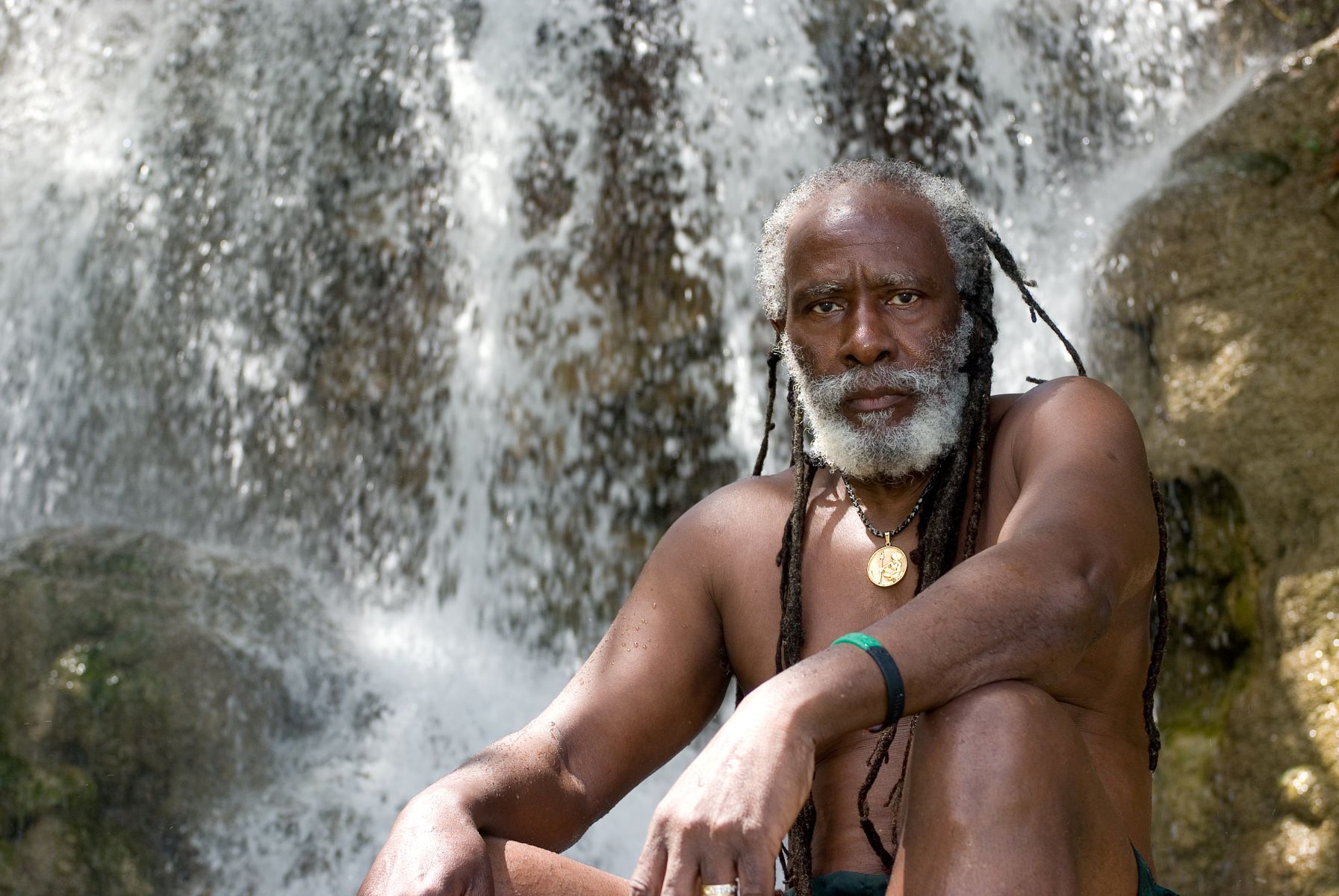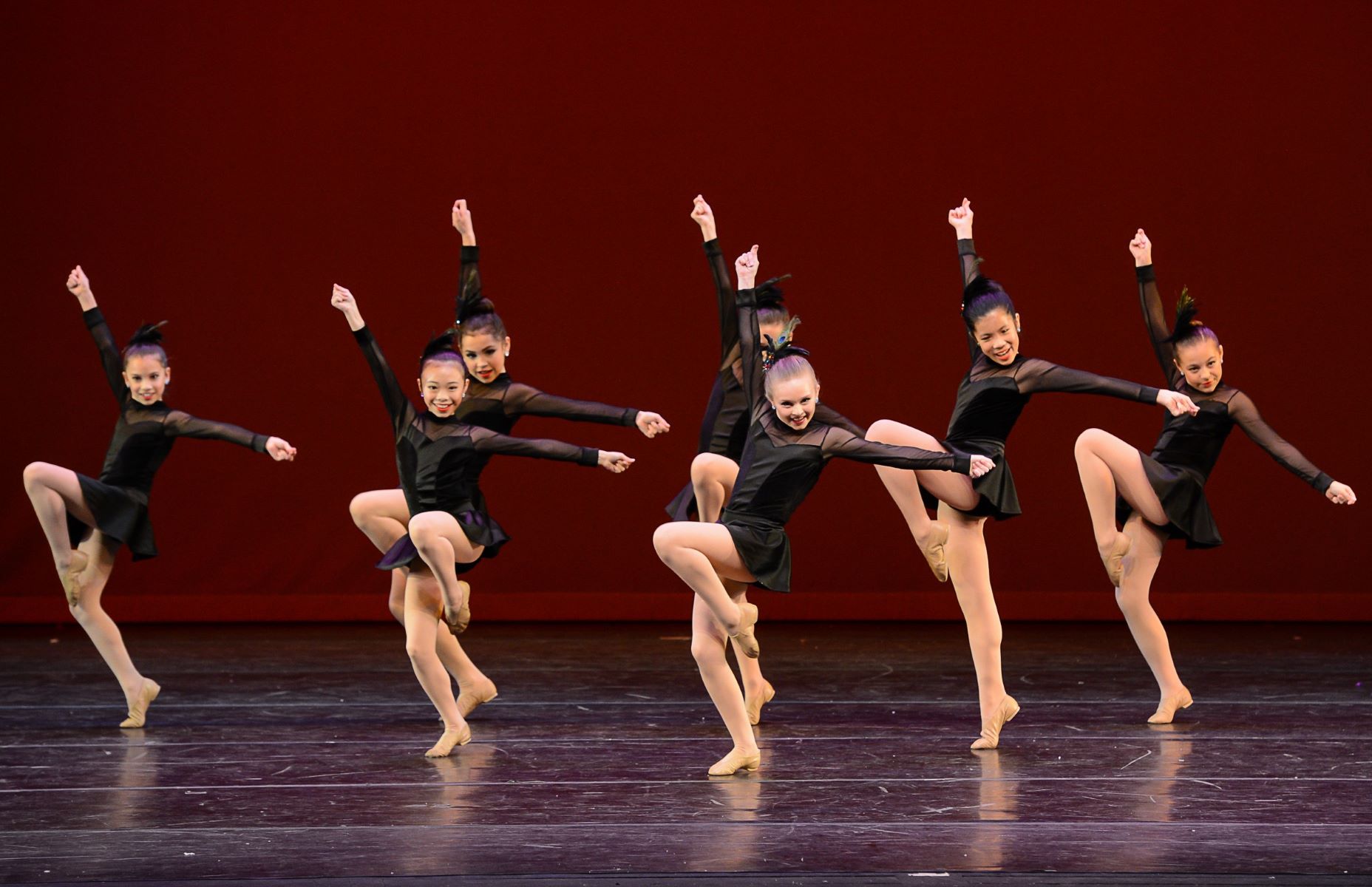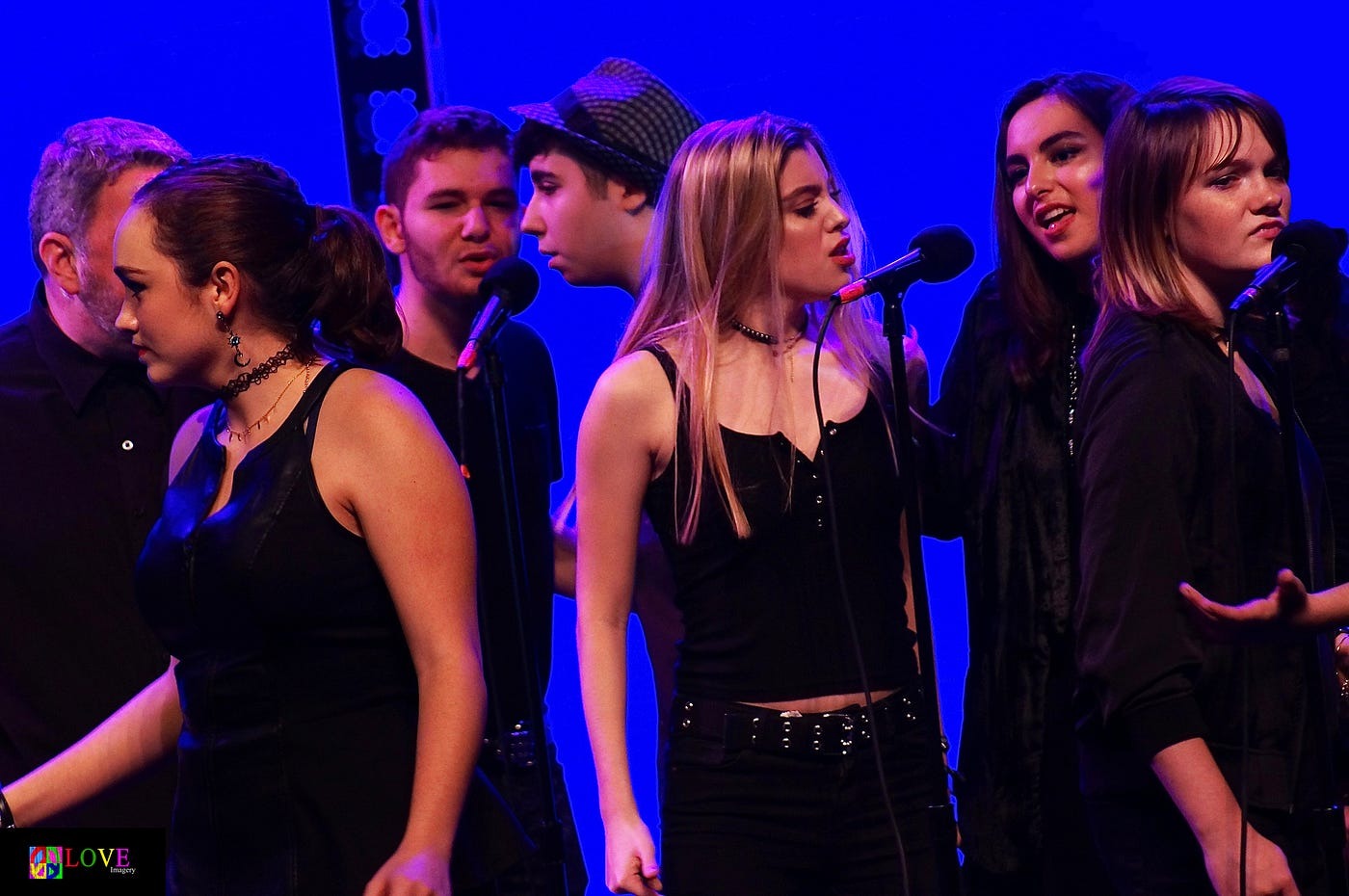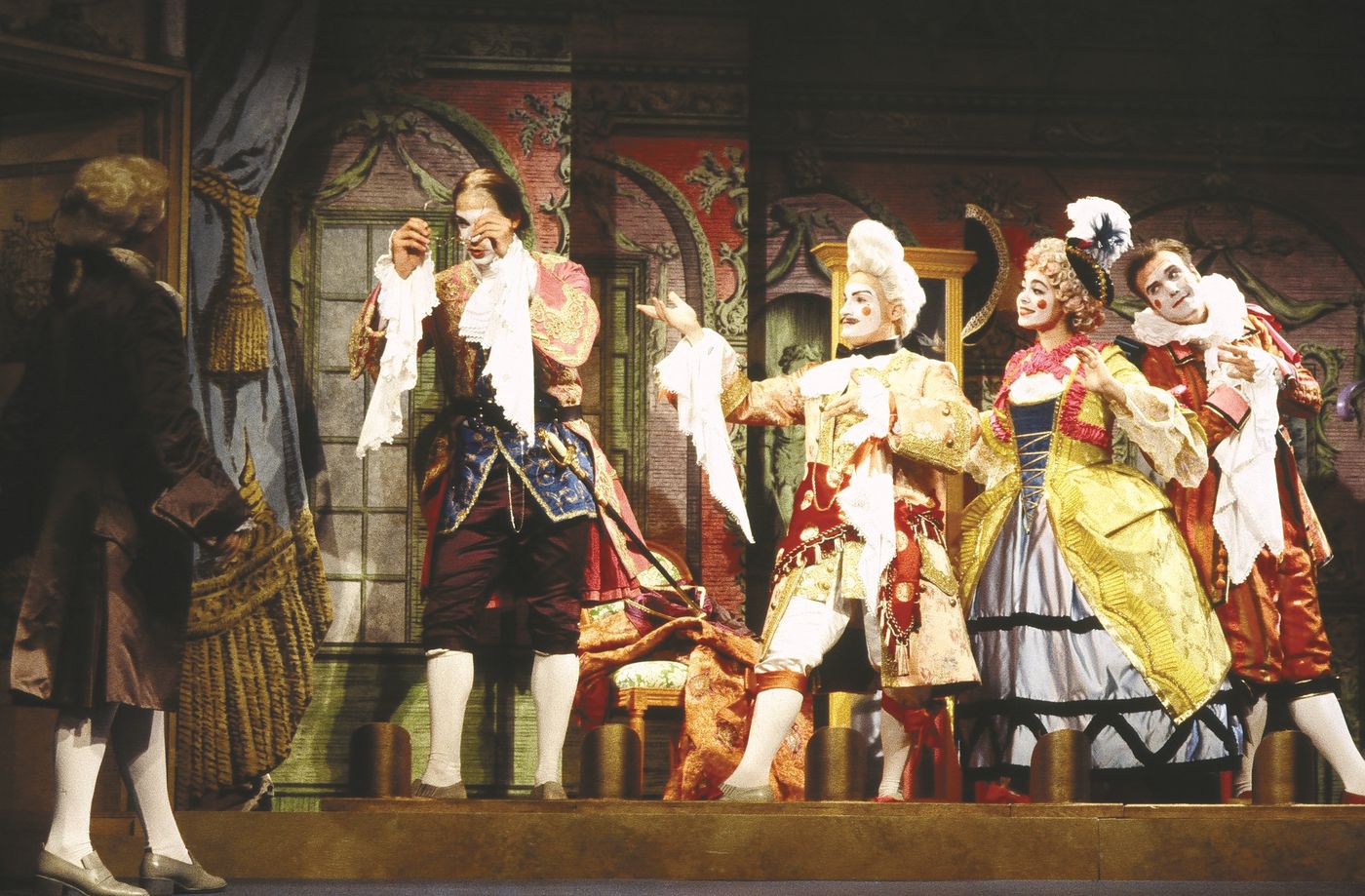

Reggae
What Type Of Reggae Is Burning Spear
Modified: February 14, 2024
Discover the different types of reggae music and dive into the captivating world of Burning Spear, a legendary reggae artist known for his powerful and soulful performances.
(Many of the links in this article redirect to a specific reviewed product. Your purchase of these products through affiliate links helps to generate commission for AudioLover.com, at no extra cost. Learn more)
Table of Contents
Introduction
Reggae music, with its roots in Jamaica, has become an influential genre loved by people worldwide. Its rhythmic beats, soulful melodies, and heartfelt lyrics have captured the hearts of listeners for decades. One iconic figure who has contributed immensely to the reggae movement is none other than Burning Spear.
Burning Spear, born Winston Rodney on March 1, 1945, in Saint Ann’s Bay, Jamaica, is a legendary reggae artist and songwriter. With a career spanning over five decades, Burning Spear has become a prominent figure in the reggae music scene, known for his distinctive vocals, powerful messages, and unwavering commitment to promoting social change through his music.
From his early days as a struggling artist to his rise to international fame, Burning Spear has left an indelible mark on reggae music. Throughout his career, he has remained true to the roots of reggae, infusing his music with messages of love, unity, and resistance against oppression.
In this article, we will delve into the life and career of Burning Spear, explore his unique musical style, examine the political and social commentary in his music, and discuss his lasting legacy and impact on the genre.
Join us on a journey through the life of one of reggae music’s most iconic figures, as we uncover the magic and significance behind Burning Spear’s contributions to the reggae movement.
Early Life and Career
Born in the small rural town of Saint Ann’s Bay, Jamaica, Winston Rodney, better known as Burning Spear, grew up surrounded by the rich sounds and rhythms of reggae music. As a young boy, he showed a passion for music and was deeply influenced by the likes of Bob Marley, Peter Tosh, and other pioneers of reggae.
Growing up in poverty, Burning Spear’s early life was not without its struggles. However, his determination and love for music fueled his ambition to pursue a career in the industry. With limited resources, he taught himself to play the guitar and began writing songs that resonated with the realities of life in Jamaica.
Burning Spear’s career took off in the late 1960s when he joined the band known as The Burning Spears. The band’s name later changed to Burning Spear, reflecting the solo direction Rodney decided to take. His powerful voice and unique songwriting style quickly caught the attention of record producers and listeners alike.
His debut album, “Studio One Presents Burning Spear,” released in 1973, garnered critical acclaim and marked the beginning of his remarkable journey as a solo artist. The album featured hits such as “Creation Rebel” and “Door Peep,” which showcased both his vocal prowess and his ability to tackle socio-political issues through his music.
Throughout the 1970s, Burning Spear released a string of successful albums, including “Marcus Garvey” (1975) and “Man in the Hills” (1976), which solidified his status as a prominent figure in reggae music. These albums showcased his profound lyrics, rooted in Rastafarian philosophy and African consciousness, while also highlighting his remarkable vocal range.
Burning Spear’s music not only entertained but also served as a voice for the marginalized and oppressed. His lyrics explored themes of social justice, black identity, and the struggles faced by the African diaspora. Songs like “Slavery Days” and “The Ghost” resonated with listeners worldwide and established him as a powerful advocate for change.
As Burning Spear’s popularity grew, so did his international recognition. His music transcended borders and reached audiences far beyond Jamaica, solidifying his position as one of reggae music’s greatest ambassadors.
Join us in the next section as we delve deeper into Burning Spear’s rise to fame and the impact he had on the reggae music scene.
Rise to Fame
Burning Spear’s talent and dedication to his craft did not go unnoticed, and his rise to fame was marked by a series of significant milestones. As his music gained traction, he began attracting attention from larger record labels and embarked on international tours that exposed his powerful voice and mesmerizing stage presence to audiences around the world.
One key turning point in Burning Spear’s career came with the release of his album “Marcus Garvey” in 1975. The album, named after the Jamaican national hero and revered black nationalist leader, Marcus Garvey, became an instant classic. Captivating audiences with its soulful melodies and thought-provoking lyrics, it showcased Burning Spear’s ability to merge reggae rhythms with profound social commentary.
The title track of “Marcus Garvey” resonated deeply with the African diaspora, highlighting the significance of Garvey’s teachings and the need for unity and empowerment. The album’s success propelled Burning Spear into the international spotlight and solidified his place among reggae music’s greatest legends.
With his newfound fame, Burning Spear continued to release groundbreaking albums throughout the 1970s and 1980s. “Social Living” (1978), “Hail H.I.M.” (1980), and “Resistance” (1985) further cemented his reputation as a visionary artist unafraid to challenge societal norms and inspire change through his music.
Despite his growing popularity, Burning Spear remained true to his roots, often performing in intimate venues and connecting with his audience on a personal level. His live performances were marked by a raw intensity and a genuine passion for his craft, captivating audiences and earning him a loyal fan base.
Burning Spear’s rise to fame was not solely confined to the music industry. In 1982, he was awarded the Order of Distinction by the Jamaican government for his outstanding contribution to reggae music. This prestigious honor acknowledged his impact on the genre and his commitment to raising social and political awareness through his art.
As Burning Spear’s star continued to rise, he embarked on numerous international tours, sharing his music with fans across Europe, North America, and beyond. His performances were not merely concerts; they were transformative experiences that left a lasting impact on those fortunate enough to witness his talent firsthand.
Join us in the next section as we explore the unique musical style and influence of Burning Spear, and how he has shaped the landscape of reggae music.
Musical Style and Influence
Burning Spear’s musical style is characterized by its distinctive blend of roots reggae, ska, and rocksteady rhythms. His deep, resonant voice carries a sense of urgency and passion, capturing the essence of his lyrics and delivering them with unparalleled conviction.
One of the defining elements of Burning Spear’s music is his masterful use of traditional Nyabinghi drumming. This rhythmic style, rooted in Rastafarian traditions, adds a captivating layer of African spirituality to his songs. Combined with the infectious bass lines and skanking guitar rhythms, Burning Spear’s music creates a hypnotic and uplifting experience for listeners.
Lyrically, Burning Spear’s songs are infused with themes of social justice, spirituality, and African consciousness. He often draws inspiration from Rastafarian philosophy and incorporates elements of black liberation movements into his lyrics. Through his music, Burning Spear aims to empower and uplift his audience, urging them to fight against oppression and strive for a better world.
As an influential figure in reggae music, Burning Spear has had a profound impact on subsequent generations of artists. His soulful vocals, conscious lyrics, and powerful stage presence have served as inspiration for countless musicians around the globe.
Many artists credit Burning Spear as a key influence on their own musical journeys. From roots reggae bands like Steel Pulse and Culture to contemporary artists such as Chronixx and Protoje, his imprint on the genre is undeniable.
Beyond the reggae scene, Burning Spear’s influence can be felt in the larger world of music. His ability to transcend cultural boundaries and connect with audiences from different backgrounds is a testament to his universal appeal. Hip-hop artists, in particular, have drawn inspiration from his socially conscious approach, recognizing him as a pioneer of the genre.
Furthermore, Burning Spear’s impact extends beyond music. His unwavering commitment to social and political activism has inspired activists and social justice advocates worldwide. Through his art, he has shed light on pressing issues, encouraged unity, and given a voice to the voiceless.
As we move forward, we will explore the political and social commentary embedded in Burning Spear’s music, and how he has used his platform to effect change in the world.
Political and Social Commentary in Burning Spear’s Music
Burning Spear’s music goes beyond entertainment; it serves as a powerful platform for political and social commentary. Throughout his career, he has fearlessly addressed a wide range of issues, shedding light on societal injustices and advocating for change.
One of the recurring themes in Burning Spear’s music is the legacy of slavery and its ongoing impact on individuals and communities. Songs like “Slavery Days” and “Slavery Line” confront the painful history of the transatlantic slave trade, urging listeners to remember the struggles of their ancestors and to never forget the fight for freedom and equality.
In addition to addressing historical injustices, Burning Spear also tackles contemporary social issues. His lyrics confront topics such as poverty, inequality, police brutality, and the struggles faced by marginalized communities. Through songs like “Red, Gold, and Green” and “Social Living,” he calls for unity, empowerment, and the dismantling of oppressive systems.
Moreover, Burning Spear’s music is deeply infused with Rastafarian philosophy and spirituality. He often incorporates biblical references and African mythology into his lyrics, emphasizing the importance of faith, self-awareness, and cultural identity. Songs like “Jah No Dead” and “Door Peep” celebrate the resilience of the human spirit and encourage a sense of pride in African heritage.
Burning Spear’s political and social commentary has made him a revered figure among activists and individuals fighting for justice and equality. His music has become an anthem for those seeking social change, resonating with people from all walks of life who share a common desire for a better world.
It is important to note that Burning Spear’s commitment to activism and social change extends beyond his music. Throughout the years, he has been actively involved in community initiatives and charitable organizations, using his influence to make a tangible difference in the lives of those in need.
As we move forward, we will explore the evolution of Burning Spear’s reggae sound and how he has continued to push the boundaries of the genre.
Evolution of Burning Spear’s Reggae Sound
Burning Spear’s reggae sound has evolved and transformed throughout his long and illustrious career. While remaining rooted in the traditional rhythms and messages of reggae, he has seamlessly incorporated elements of other genres, creating a unique and dynamic musical style.
In his early years, Burning Spear’s sound was deeply influenced by the classic roots reggae of the 1970s. His albums, such as “Marcus Garvey” and “Man in the Hills,” featured heavy basslines, skanking guitars, and the iconic one-drop rhythm that defined the era. This period of his career established him as a prominent figure in the roots reggae movement and solidified his reputation as a masterful songwriter.
As the years went by, Burning Spear began exploring new sonic territories, incorporating elements of jazz, funk, and soul into his music. Albums like “People of the World” (1986) and “Appointment with His Majesty” (2005) showcased his ability to seamlessly blend different musical styles while staying true to the core reggae sound.
In addition to his musical experimentation, Burning Spear embraced advancements in production techniques, incorporating electronic elements and modern studio effects into his later albums. This fusion of traditional and contemporary sounds brought a fresh energy to his music, captivating both long-time fans and new listeners.
Throughout his career, Burning Spear has collaborated with a range of talented musicians and producers, further expanding the scope of his sound. His collaborations with renowned artists such as Sly & Robbie, Bunny Wailer, and Keith Richards of the Rolling Stones demonstrate his willingness to explore diverse musical partnerships and push the boundaries of reggae.
Despite these musical evolutions, Burning Spear has always stayed true to the spiritual and conscious roots of reggae music. His lyrics remain thought-provoking, delving into social commentary and the pursuit of justice. His music continues to inspire and uplift, connecting with listeners on a deeply emotional and transformative level.
As we move forward, we will delve into the recognition and awards that Burning Spear has received throughout his career, celebrating his contributions to the reggae genre.
Recognition and Awards
Burning Spear’s immense talent and significant contributions to reggae music have not gone unnoticed. Throughout his prolific career, he has received numerous accolades and honors, solidifying his place as one of the genre’s most respected and celebrated artists.
One of Burning Spear’s most notable achievements is his Grammy Award for Best Reggae Album. He has been nominated for this prestigious award a remarkable 12 times, and he won it for the first time in 2000 with his album “Calling Rastafari”. This recognition from the music industry’s most esteemed institution further cemented his status as a reggae icon.
Aside from the Grammy Awards, Burning Spear has received several other notable honors. In 2007, he was awarded the Order of Jamaica, the country’s fourth-highest honor, for his contributions to reggae music and his role in promoting Jamaica on the international stage. This recognition from his home country is a testament to the significant impact he has had on Jamaican culture and the music industry.
Additionally, Burning Spear has been recognized with the Order of Distinction by the Jamaican government, honoring his outstanding contribution to reggae music. This prestigious award acknowledges his talent, dedication, and tireless efforts to spread positive messages and effect change through his music.
Burning Spear’s influence extends beyond Jamaica. He has received numerous international awards and accolades, further solidifying his reputation as a global reggae ambassador. From the International Reggae and World Music Awards to the MOBO Awards (Music of Black Origin), his talent and impact have been recognized on a global scale.
Moreover, Burning Spear has been inducted into the Jamaica Music Hall of Fame, joining a prestigious list of reggae legends. This honor affirms his lasting legacy within the reggae genre and his pivotal role in shaping its history.
It is worth noting that while awards and recognition are an acknowledgment of Burning Spear’s talent and contributions, his true impact lies in the hearts and minds of his fans worldwide. His ability to inspire and move people through his music is a testament to the power of his art.
In the next section, we will explore the lasting legacy and impact of Burning Spear, as well as his influence on future generations of artists.
Legacy and Impact
Burning Spear’s legacy in the world of reggae music is undeniable, leaving an indelible mark on the genre and inspiring generations of artists. His unique musical style, powerful lyrics, and unwavering commitment to social activism have solidified his place as one of the most influential figures in reggae history.
One of Burning Spear’s most significant contributions lies in his ability to use music as a platform for social and political change. His songs have served as anthems for the oppressed and marginalized, giving voice to the struggles faced by communities around the world. Through his music, he has inspired generations to stand against injustice, to fight for equality, and to strive for a better world.
Burning Spear’s impact on subsequent reggae artists cannot be overstated. His powerful vocals, conscious lyrics, and passionate stage presence have influenced countless musicians, both within and outside the reggae genre. Artists such as Chronixx, Protoje, and Damian Marley have all recognized Burning Spear’s influence on their own musical journeys.
Beyond reggae, Burning Spear’s music has resonated with listeners from different backgrounds and cultures. His ability to fuse elements of various genres, his powerful storytelling, and his universal messages of love and unity have broadened his appeal across borders.
Moreover, Burning Spear’s activism and commitment to social change have set an example for artists and individuals worldwide. He has used his platform to shed light on important issues, raise awareness, and inspire action. From his involvement in community initiatives to his support of charitable organizations, Burning Spear has made a tangible impact on those in need.
Even years after the release of his iconic albums, Burning Spear’s music continues to resonate with audiences. Tracks like “Marcus Garvey,” “Slavery Days,” and “Columbus” remain timeless classics, standing as potent reminders of the enduring power of his art.
His artistic and cultural contributions have been recognized through numerous awards and honors, including Grammy Awards and inductions into prestigious music halls of fame. However, Burning Spear’s true legacy lies in the hearts of his fans and the positive change he has inspired in the world.
As we conclude this exploration of Burning Spear’s life and career, it becomes clear that his impact has extended far beyond the realms of music. He has left an everlasting legacy of social and political consciousness, musical innovation, and the power of music to unite, inspire, and effect change.
Conclusion
Burning Spear, with his powerful voice, conscious lyrics, and unwavering dedication to social justice, has left an indelible mark on the world of reggae music. His contributions to the genre go beyond creating captivating melodies; he has used his music as a platform to raise awareness, inspire change, and promote unity.
From his humble beginnings in Saint Ann’s Bay, Jamaica, Burning Spear emerged as a force to be reckoned with. His unique style, blending traditional reggae rhythms with elements of jazz, funk, and soul, captivated audiences and influenced countless artists.
Burning Spear’s lyrical prowess, rooted in Rastafarian philosophy and African consciousness, has delved into the realities of slavery, social inequality, and the struggles faced by marginalized communities. His music serves as a call to action, urging listeners to fight against oppression and strive for a world that embraces love, unity, and justice.
Throughout his career, Burning Spear’s impact has extended far beyond the music industry. His activism and involvement in community initiatives have further solidified his legacy as an advocate for change. By using his platform to shed light on important issues, he has inspired individuals around the world to join the fight for equality and social justice.
The recognition and awards bestowed upon Burning Spear, including Grammy Awards and inductions into the Jamaica Music Hall of Fame, serve as a testament to the significant impact he has had on the reggae genre and the world at large.
In conclusion, Burning Spear’s music continues to inspire and uplift listeners, transcending cultural boundaries and bringing people together. His unwavering commitment to promoting positive change and his musical legacy will continue to influence generations to come.
As we reflect on Burning Spear’s remarkable journey, we recognize the immense power of art and music in shaping society. His music serves as a reminder of the importance of using our voices to advocate for justice and create a better world.











